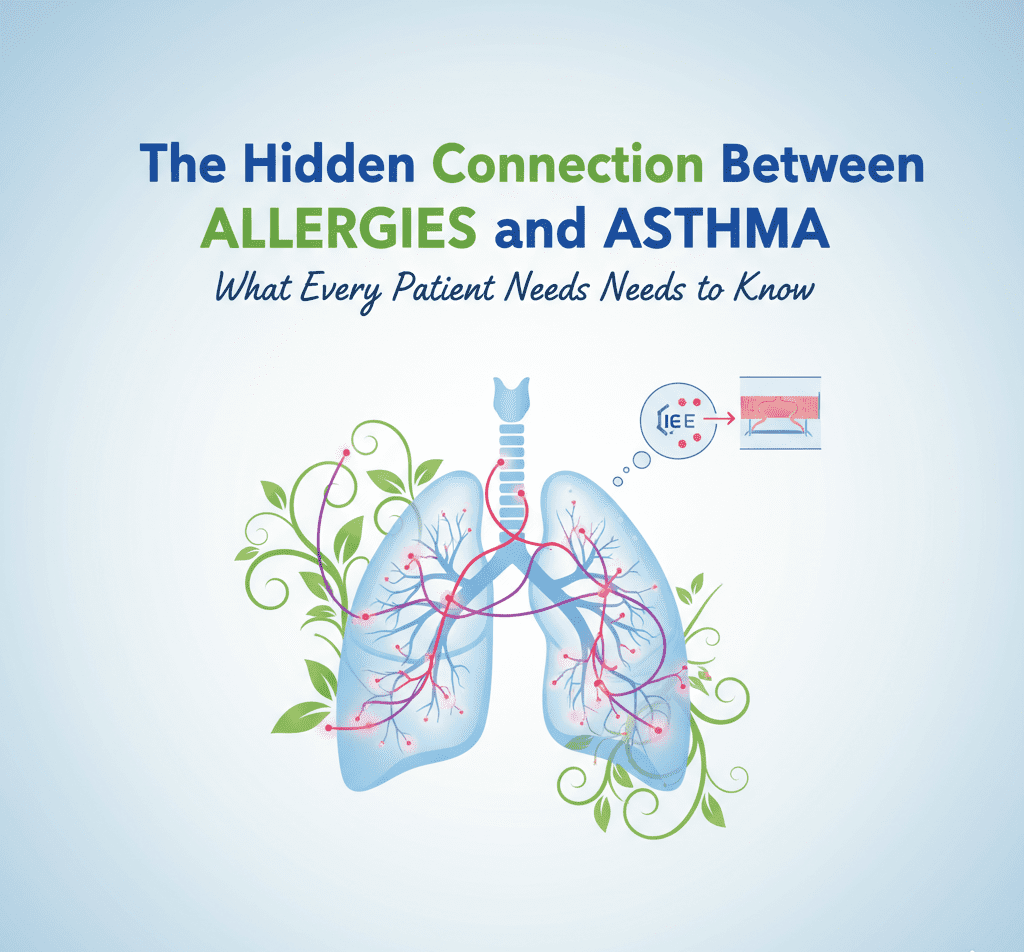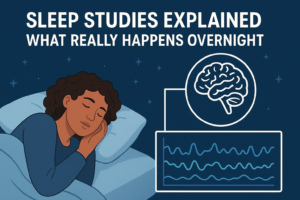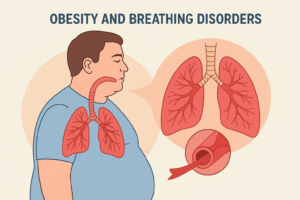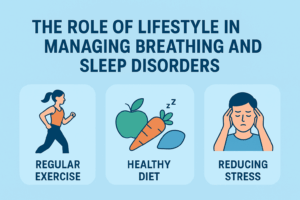
Lots of people assume of allergic reactions and asthma as two different problems. Yet what several do not recognize is that these two often go hand in hand. If you struggle with seasonal allergies, sneezing, or nasal congestion, you may also be at danger for bronchial asthma flare-ups without even knowing it.
In this post, we’ll explore the surprise link in between allergies and bronchial asthma, what signs to watch for, and when it’s time to see a specialist in Houston.
🤧 Why Allergies Can Trigger Asthma
Allergic reactions are your immune system’s overreaction to safe substances like pollen, dirt, or animal dander. For individuals with bronchial asthma, these very same triggers can create swelling in the respiratory tracts, leading to:
-
Shortness of breath
-
Chest tightness
-
Wheezing
-
Chronic cough
This overlap is frequently called allergic bronchial asthma, among one of the most common kinds of bronchial asthma.
🌸 Seasonal Allergy Relief Tips
If you see your asthma signs and symptoms intensify during spring or autumn, you might be delicate to seasonal irritants. Right here are quick relief methods:
-
Keep home windows shut throughout high pollen days.
-
Shower after outdoor tasks to clean off pollen.
-
Use a HEPA air filter indoors.
-
Take recommended allergy drugs before signs and symptoms height.
❓ Patient FAQs
Q: Can allergies really cause asthma?
Yes. Allergic asthma is among the most typical types of bronchial asthma, activated by direct exposure to allergens like pollen, dust termites, or family pet dander.
Q: How do I know if I have sleep apnea or just allergies?
Allergies may trigger blockage, but sleep apnea involves pauses in breathing while you sleep, loud snoring, or extreme daytime tiredness. If unclear, a rest professional can aid detect it.
Q: What are the best treatments for allergic asthma?
Therapies may include inhalers, antihistamines, nasal sprays, or allergic reaction immunotherapy relying on the extent.
Q: Should I see a pulmonologist or an allergist?
If your allergic reactions trigger taking a breath concerns, a pulmonologist concentrating on both bronchial asthma and rest problems is often the best option.
Q: When should I see a doctor?
If your breathing feels limited, signs and symptoms interrupt sleep, or your normal allergy drug does not function, it’s time to reserve a visit.
📍 Why Patients in Houston Trust Us
Finding the best pulmonologist near me doesn’t have to be difficult. At Breathe Sleep MD, patients consistently rate us the highest in Houston on Google reviews. We specialize in treating the full spectrum of respiratory and sleep-related conditions—including allergies, asthma, and sleep apnea—with personalized care.
👉 Don’t wait until your symptoms worsen. Take control of your health today!
📞 Call us at 832-263-1177 or
📅 Book your new patient appointment online here.



